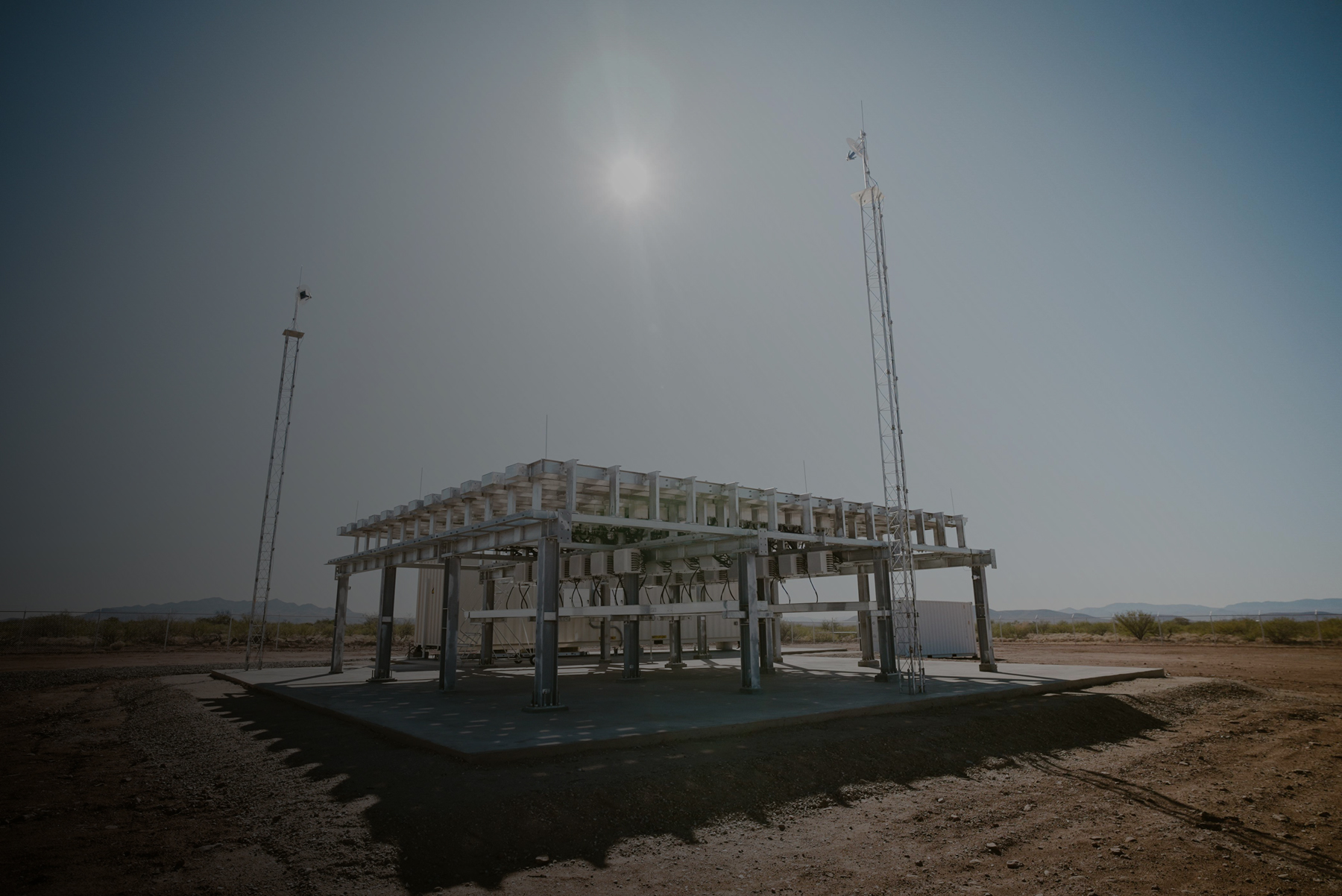LeoLabs Enhances Ability to Discover and Respond to Adversarial Space Activities with Next-Generation Radar in Arizona
MENLO PARK, CA, 10 December 2024 — LeoLabs, the world’s leading mission partner for persistent Orbital Intelligence, today announced its […]






